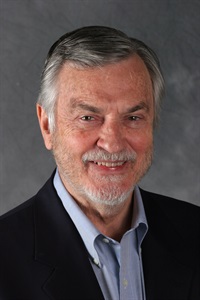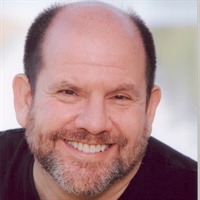CC15 Topical Panel 02 - Deepening Attachment and Connection - Harville Hendrix, PhD, Marion Solomon, and Stan Tatkin, PsyD
- Average Rating:
- Not yet rated
- Topic Areas:
- Topical Panels | Attachment | Couples Therapy
- Categories:
- Couples Conference | Couples Conference 2015 | Pioneers in Couples and Family Therapy
- Faculty:
- Harville Hendrix, PhD | Stan Tatkin, PsyD, MFT | Marion Solomon, PhD
- Duration:
- 1:01:42
- Format:
- Audio Only
- Original Program Date:
- Apr 24, 2015
- License:
- Never Expires.
Description
Description: This panel explores how therapists can strengthen connection by addressing the subtle fears that undercut safety and intimacy. Panelists reflect on cultural shifts—like the women’s movement and the rise of conscious partnerships—and call for a more proactive clinical stance: integrating early relationship education, premarital work, and public advocacy to help shape a relationally healthier culture.
Educational Objectives:
- To describe the use of brief therapy techniques in specific clinical situations.
*Sessions may be edited for content and to preserve confidentiality*
Credits
Handouts
| Ericksonian Learning Snapshot (253.6 KB) | 2 Pages | Available after Purchase |
Faculty

Harville Hendrix, PhD Related Seminars and Products
Harville Hendrix, PhD and Helen LaKelly Hunt, PhD are partners in life and work. Their lives and work are integrated in their commitment to the transformation of couples and families and to the evolution of a relational culture that supports universal equality. Harville is co-creator of Imago Relationship Therapy and co-founder of Imago Relationships International. Chancellor of the Imago International Institute and emeritus board member of IRI. Dr. Hendrix has received an honorary Doctor of Humane Letters from Mercer University, Macon, GA, the Distinguished Service Award from the American Association of Pastoral Counselors, and the Distinguished Contributors Award by the Association for Imago Relationship Therapy. His latest book, written with his wife, Helen Hunt, is Receiving Love.

Stan Tatkin, PsyD, MFT Related Seminars and Products
Stan Tatkin, PsyD, MFT, is a clinician, researcher, teacher, and developer of A Psychobiological Approach to Couple Therapy (PACT®). He has a clinical practice in Calabasas, CA, where he has specialized for the last 15 years in working with couples and individuals who wish to be in relationships. He and his wife, Tracey Boldemann-Tatkin, developed the PACT Institute for the purpose of training other psychotherapists to use this method in their clinical practice.

Marion Solomon, PhD Related Seminars and Products
Senior extension faculty at UCLA, Dept of Humanities, Sciences and Social Sciences, Extension Division, and Professor at the American Behavioral Studies Institute in Beverly Hills. Co-Founder of the Lifespan Learning Institute, dedicated to the advanced training and application of research in individual, group and family therapy. Associate of the American Psychoanalytic Association, member of the California Psychoanalytic Society, Research Analyst of the American Academy of Psychoanalysis, fellow of the American Group Psychotherapy Association and member of the Division of Psychoanalysis, American Psychological Association. Author, co-author, editor or co-editor of seven books, she co-wrote a book with Stan Tatkin, Love and War in Intimate Relationships.
Learn more about Dr. Solomon at https://drmarionsolomon.com/


